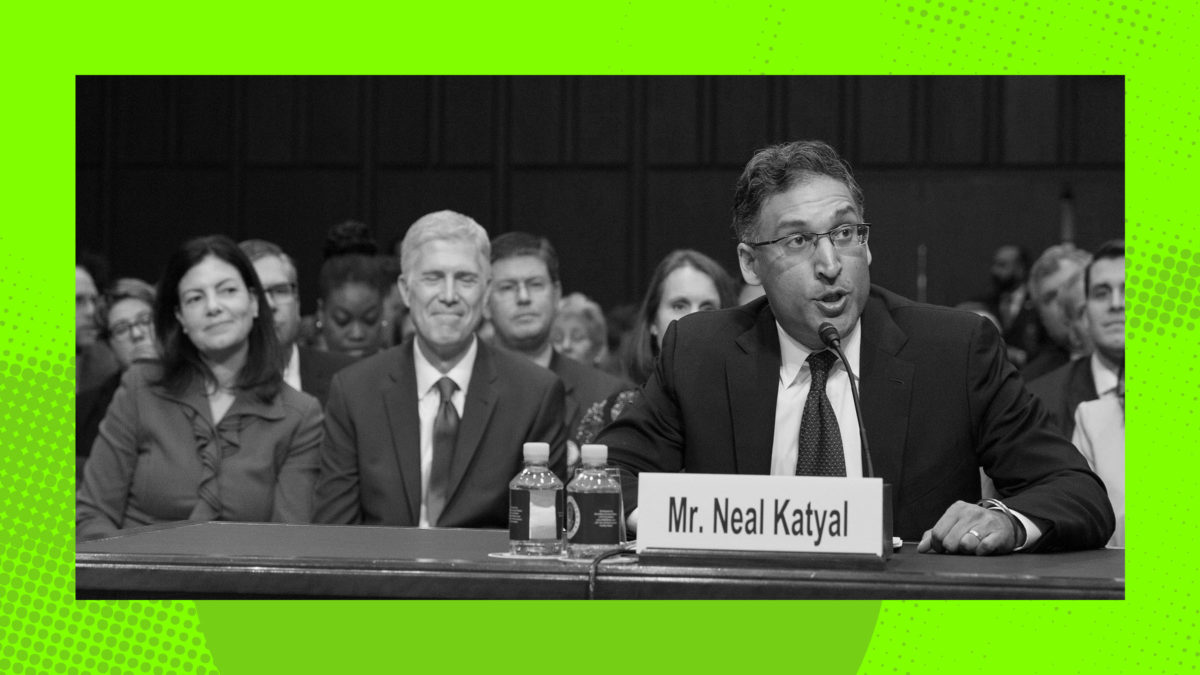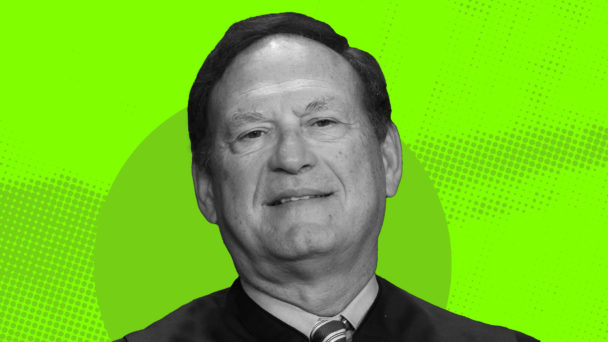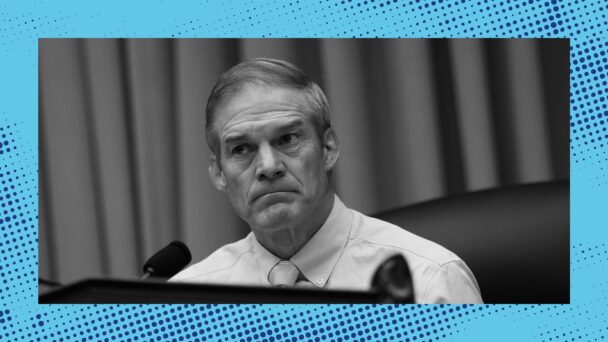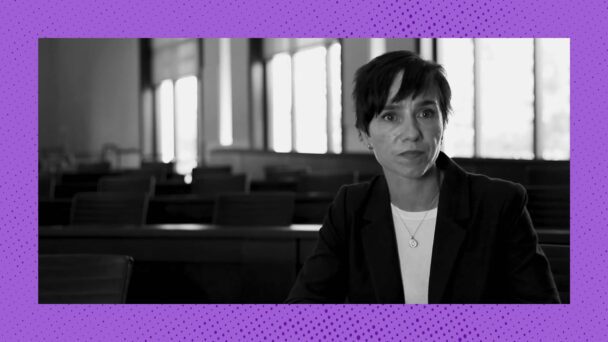On Monday night in Denver, Colorado, the mighty Denver Nuggets defeated the vile Los Angeles Lakers in the decisive fifth game of their first-round NBA playoff series. And at some point during the evening, from the comfort of his seat situated somewhere along the baseline of a raucous Ball Arena, an awestruck Neal Katyal withdrew his phone from his pocket and asked his 926,000 social media followers a simple, poorly-punctuated question: “Um wow how am I here?”
Um wow how am I here? pic.twitter.com/JQXyAVsUVb
— Neal Katyal (@neal_katyal) April 30, 2024
Katyal, of course, is a law firm partner who parlayed his brief tenure as Acting Solicitor General under President Barack Obama into a career as, at least by the numbers, one of the most accomplished Supreme Court litigators in America. And for Katyal, it is all about the numbers: To date, he has argued 51 cases before the justices, which, as his law firm biography proudly notes, means that he has argued more Supreme Court cases than any minority attorney in history, breaking the record held by the late Justice Thurgood Marshall.
Throughout his career, Katyal has curated a reputation as democracy’s chief defender in a Supreme Court working diligently to undermine it. In 2018, he argued against the constitutionality of Donald Trump’s Muslim ban in Trump v. Hawaii. (He lost.) In 2022, when Katyal argued against a fringe legal theory that would have given state legislatures near-unchecked authority to regulate federal elections, the now-retired conservative federal judge Michael Luttig deemed Katyal’s performance “masterful” and “the single best oral argument” he’d ever heard at the Supreme Court. (He won.)
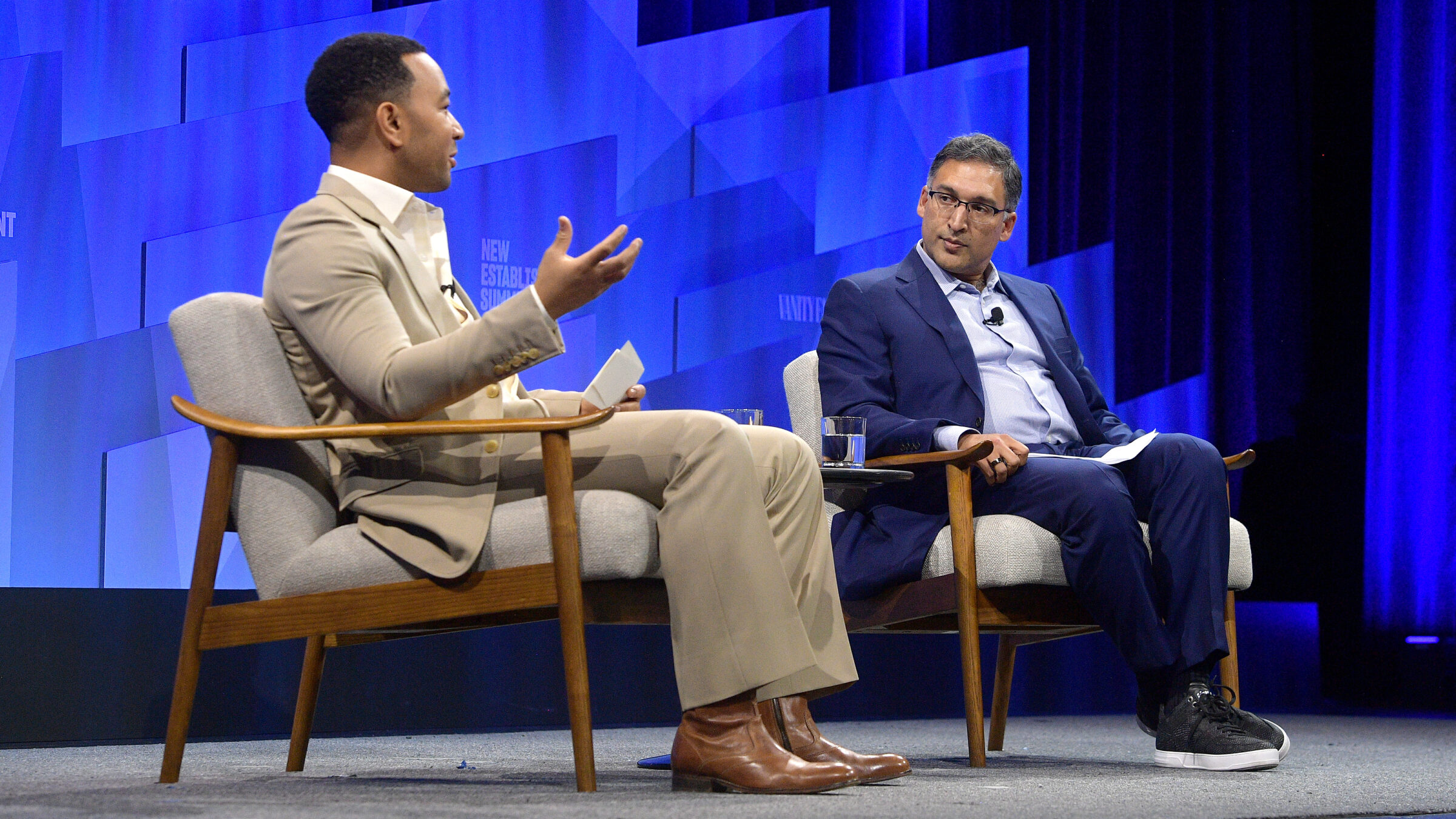
Neal Katyal and John Legend speak onstage during “Legend Has It: Activism and Influence in the Age of Trump” at Vanity Fair’s 6th Annual New Establishment Summit, October 2019 (Photo by Matt Winkelmeyer/Getty Images for Vanity Fair)
Outside of his extremely lucrative day job, Katyal is a frequent guest on left-of-center cable news programs, which has helped him carve out a niche as something of an unofficial spokesperson for the #Resistance. In 2019, he wrote a bestselling book calling for Trump’s impeachment, and launched a podcast the following year to chronicle the election’s legal aftermath. Yet Katyal is always careful to cast himself as a nonpartisan champion of the proverbial rule of law. In 2017, for example, he took to the pages of The New York Times to explain “why liberals should back Neil Gorsuch” for the Supreme Court: because Gorsuch, Katyal explained, had demonstrated a “commitment to judicial independence” and would not “compromise principle to favor the president who appointed him.” The fact that Katyal would soon be arguing cases before Gorsuch was, I assume, a coincidence.
Today, Katyal is as close to a niche celebrity as any member of his profession can hope to get. He attends Burning Man in a propeller beanie, and takes in Grateful Dead shows as a backstage guest, and gets songs dedicated to him at The National concerts. Last year, he hosted a ten-episode series on landmark Supreme Court cases with guests that included Rob Reiner, John Mulaney, and Judd Apatow. You are as likely to see Katyal quoted as a legal expert in the Times as you are to, say, see him cameo in House of Cards, or Billions, or any other prestige drama in need of someone who will (1) portray a lawyer on TV and (2) tweet some free PR about it.
Anyway, back to Monday. There are many possible answers to Katyal’s question, all of which tell an essential part of the story of why a BigLaw partner was sitting courtside at an NBA playoff game, watching in delight as Jamal Murray uncorked a tomahawk dunk that took somewhere between three and five years off of LeBron James’s life. Here are a few of them.
In 2018, Katyal wrote anti-union amicus briefs in Janus v. AFSCME and Epic Systems v. Lewis, which, in the hands of the Supreme Court’s then-five-justice conservative majority, turned out to be two of the most devastating decisions for labor in recent memory, which is really saying something. In 2020, he represented Nestlé and Cargill in a lawsuit brought by formerly enslaved children forced to work on cocoa farms in the Ivory Coast, all in an effort to make two additional cents in profit for each Crunch bar sold. Among Katyal’s more ambitious arguments in that case was that the legal system should not hold Nestlé accountable for profiting from child slave labor because the corporation that supplied the Nazis with Zyklon B gas for use in concentration camps was never indicted for doing so.
At other points in his career, Katyal has represented big banks accused of discriminatory home lending, businesses accused of blasting out spam faxes, and pharmaceutical giants seeking to avoid liability for dangerous drugs. He wrote an amicus brief in a still-pending case urging the Court to preemptively bar Congress from enacting a hypothetical future wealth tax. In 2022, he represented Johnson & Johnson in its efforts to use loopholes in bankruptcy law to offload billions of dollars in liability for carcinogenic talcum powder. According to court filings, J&J paid Katyal $2,465 per hour for his troubles.
Last year, Katyal had the good fortune of celebrating a remarkable personal and professional milestone: his 50th argument before the Supreme Court. “So grateful for so many who helped me along the way,” he tweeted, snapping a picture of the sun rising over the building at just the right moment. “I’m blessed.” Katyal then turned down his pre-argument playlist—a mix of U2, Daft Punk, and the Flaming Lips, if you’re wondering—and walked into the courtroom to represent a county government that had seized the home of a 94-year-old woman who was behind on her taxes, sold the home to cover her debt, and then kept the profit for itself.
In short, my response to Neal Katyal is as follows: You are there, sitting courtside at an NBA playoff game, because you are a well-connected, handsomely-compensated professional who provides your considerable skills to the highest bidder, whoever they may be and whatever they may be asking you to do. I trust this explanation has been illuminating.
